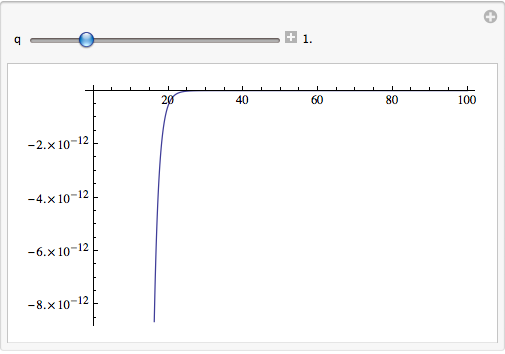This isn't really an answer but it is too long for a comment.
I didn't look at your first integral, but the second is fairly easy to investigate because it only depends on one parameter. I used two Mathematica tools that often help in kind of situation you find yourself in.
Manipulate[
Plot[Tanh[π Sqrt[λ]] Log[1 - Exp[-2 π q Sqrt[λ + 1/4]]], {λ, 0, 100}],
{q, 0., 5., 1., Appearance -> "Labeled"}]

Looking a the plot for various values of q suggest the integral converges and goes to zero as q gets large, which in turn suggests that NIntegrate might be fruitful.
Table[NIntegrate[Tanh[π Sqrt[λ]] Log[1 - Exp[-2 π q Sqrt[λ + 1/4]]], {λ, 0, ∞}], {q, 1, 8}]
NIntegrate::slwcon: Numerical integration converging too slowly; suspect one of the following: singularity, value of the integration is 0, highly oscillatory integrand, or WorkingPrecision too small. >>
NIntegrate::ncvb: NIntegrate failed to converge to prescribed accuracy after 9 recursive bisections in λ near {λ} = {0.193495}. NIntegrate obtained -9.30632*10^-14 and 9.31004105035578`*^-19 for the integral and error estimates. >>
{-0.00710267, -0.000110031, -2.62324*10^-6, -7.42753*10^-8,
-2.31044*10^-9, -7.62815*10^-11, -2.62445*10^-12, -9.30632*10^-14}
The results from NIntegrate also suggest the integral goes to zero as q goes to ∞, but that Mathematica runs out of computing steam at q = 8 when confined to machine precision reals.
You should make yourself familiar with the use these tools (and others found in Mathematica) to investigate your integration problems.


m[Element] Integers, you can't writeSqrt[[Lambda]]etc...as I said, W/A accepts messy human input. But Mathematica needs exact syntax. May be in version 10, when the system becomes WL and unified, then your input will work. But now in version 9.01 it is giving errors. $\endgroup$